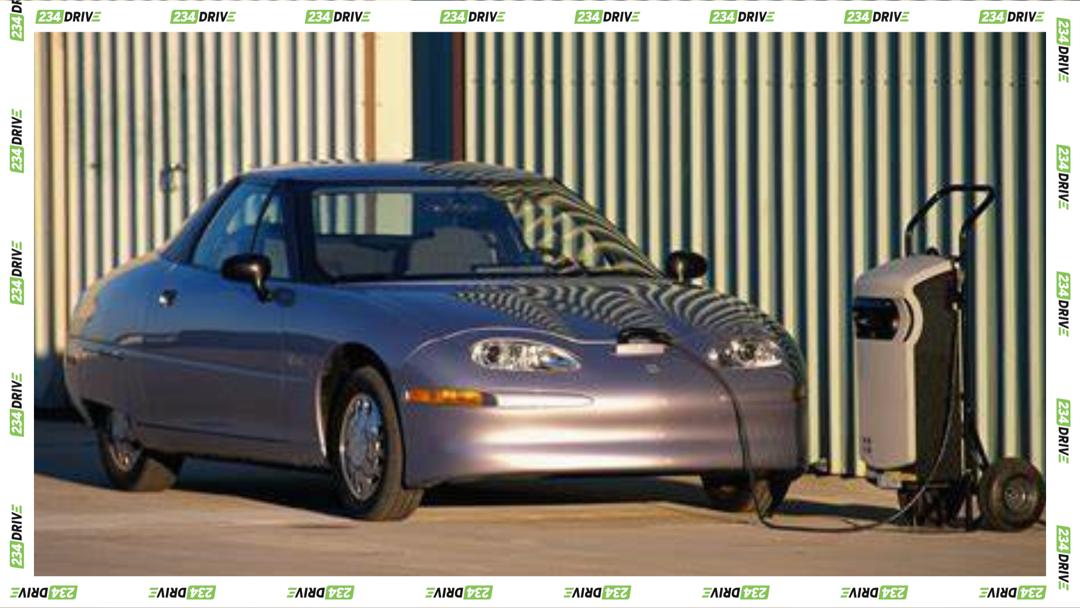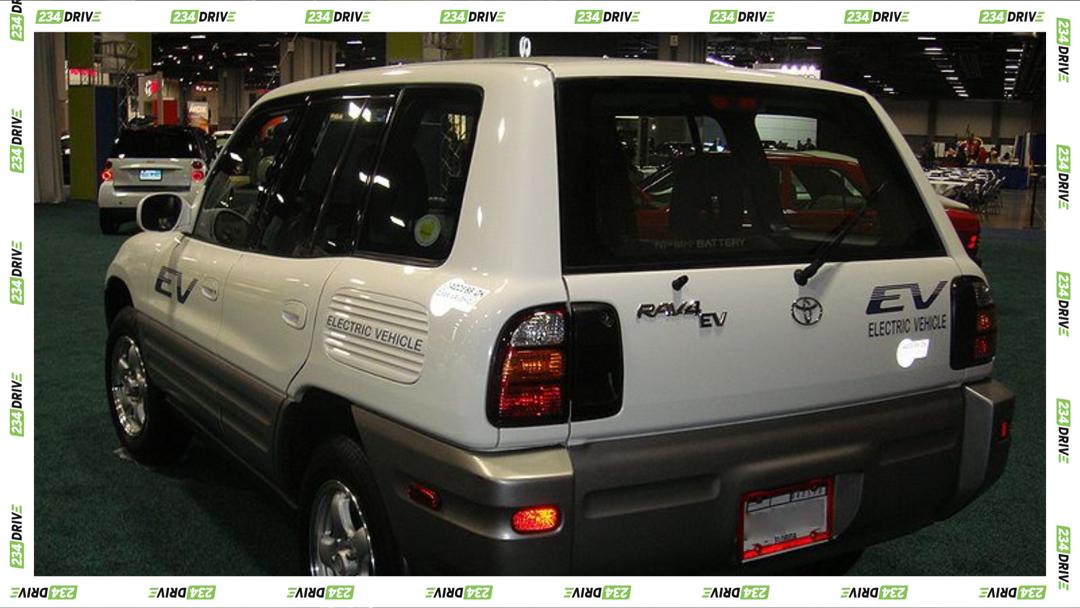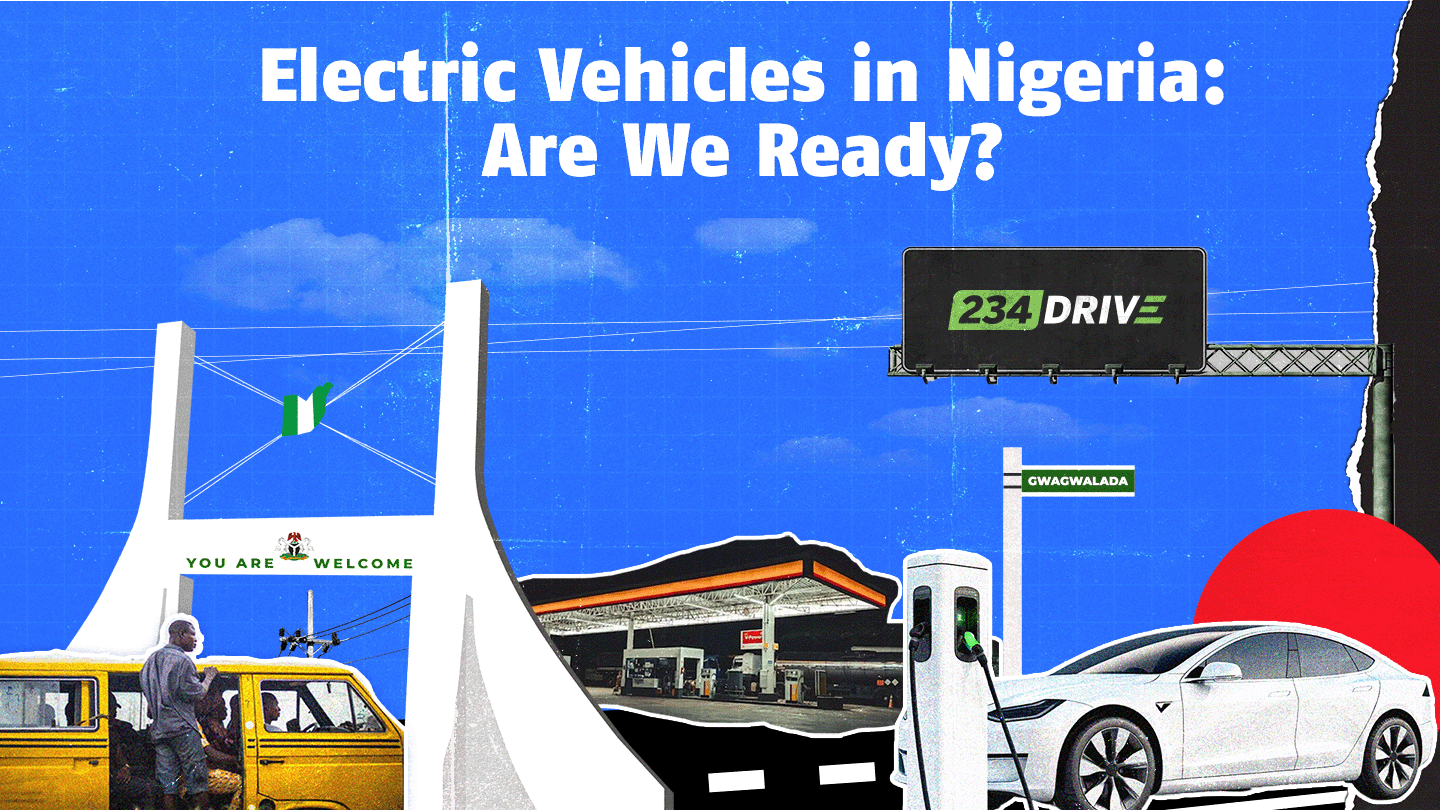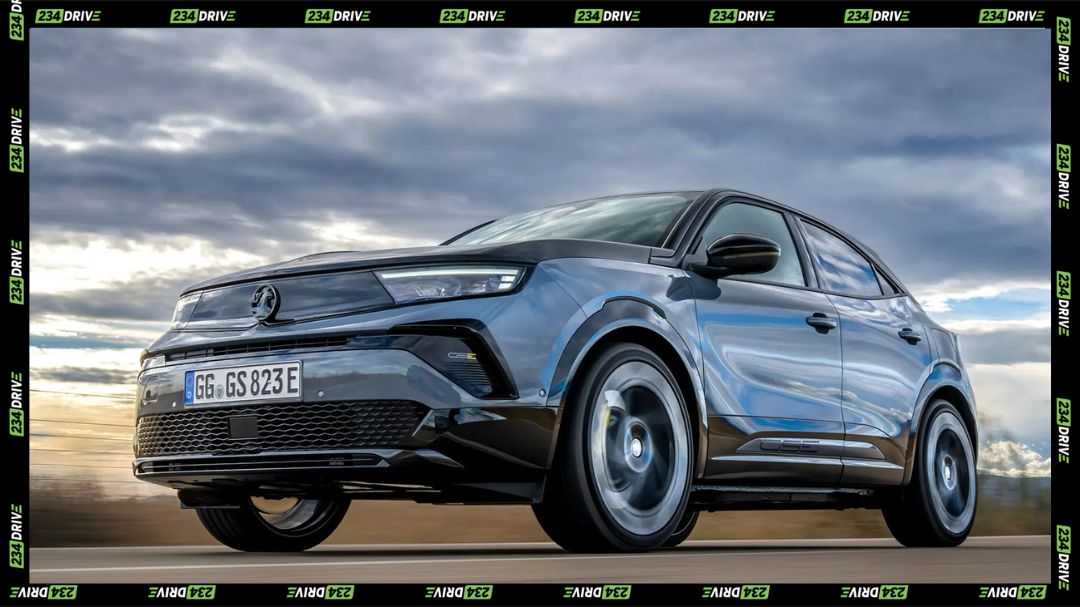Everywhere you look on social media, there’s a slew of Tesla photos, from the Model X to the Cybertruck. With the buzz around Tesla in the automotive space, you might easily mistake its founder, Elon Musk, for the inventor of electric vehicles, which is false.
Electric cars began in the 19th century with inventors like Thomas Davenport and Robert Anderson, who created early practical electric vehicles. However, the arrival of internal combustion engines and gas-powered cars overshadowed these early electric vehicles. The 1990s saw initial attempts to revive electric cars with models like the GM EV1 and Toyota RAV4 EV. These attempts faltered due to technological limitations at the time. Then, in 2008, Tesla entered the scene and hasn’t looked back since.


Electric Vehicles (EVs) are no novelty around the world, but they seem foreign on Nigerian roads. You might see them in small numbers, maybe on a hot Sunday afternoon on Wuse Road in Abuja, and then not again for months until you spot one in the parking lot of Shoprite. It will take decades or even centuries before we witness a complete turnover to EVs in Nigeria. One reason is that it will take a long time for all the existing gasoline-powered vehicles on the road to reach the end of their lifespans.
Another reason we might not be ready for electric cars is our unstable electricity supply. In Nigeria, we have numerous places where they don’t even know what a transformer looks like. Some other people still share electricity by doing the famous one-day-on and two-days-off. So, owning an electric car would mean you’d only be able to use it on your “on” days.
Recently, the federal government introduced a system that groups regions into electricity supply bands. Band “A” has more hours of electricity than other bands — what happens if you’re on Band “B” or lower? How do you ensure your car is always charged up to go about your daily business? Even those on Band “A” have to account for those times when the transformer blows. You can’t escape it.
Even if you live in neighbourhoods where the power supply is relatively stable, what happens when you have to repair or maintain your car? We know how bad Nigerian mechanics are with car wiring, now imagine servicing a heavily wired car. Just make sure you get your life insurance before picking up your car.
It’s easy to forget the fuel gauge is nearing empty and still hit the road for a long journey, hoping to swerve into a filling station. But electric cars operate differently. Imagine the battery runs out on the Third Mainland Bridge. That might just be one of the most dreadful experiences, because you’ll be stuck on the bridge for a while. Depending on the time of day, you might have to leave your car there. The reason is that these cars cannot be towed with regular towing vehicles; a flatbed truck is necessary. This is because their electric motor is connected directly to the wheels, so to avoid electrical and mechanical damage while the wheels are rolling without the other parts of the car operating, this method is used.
Most vehicles on the road are tokunbo or Nigerian used; you rarely find brand-new cars on the road. The cost of EVs are not friendly. The cheapest electric car as of 2024 starts from about ₦12 million, minus the import duties and clearance fees. Meanwhile, with ₦12 million in the country, you can comfortably buy two Toyota Camrys (muscle), and if you’re good at bargaining, you might have some change left. Given these two options, Most people won’t hesitate to choose the latter. After all, why settle for one car when you can have two?
In this same country, we see celebrities and people around splurge millions on cars, so quite frankly, money to buy an electric car isn’t the major issue. Other reasons, like poor electricity and technical know-how, still prevail. But most of the people spending these millions don’t buy the idea of getting an EV. Like, why buy a car if I can’t rev and disturb the neighborhood? The whole eco-friendly idea doesn’t sit well with them, and this is a good place for the government to start.
To promote the adoption of EVs in Nigeria, the government could invest in local automobile companies already embracing EV production. Enabling these companies would mean an increase in production and EV affordability. Building a robust network of charging stations across the country, similar to the abundance of fuel stations, is also essential. This will alleviate range anxiety and ensure convenience for EV owners.
Additionally, the government has introduced waivers on import duties and exempted EVs from value-added tax (VAT). A Policy designed to accelerate the transition to cleaner transportation and reduce greenhouse gas emissions.
We clearly aren’t ready for the transition to Evs, but the good thing is that even if we are late to the party, we know the party only begins to pop later in the night. So even if we miss out on the early days, we are assured the best part is always in front. Just think about it: very soon, we’ll start seeing tokunbo Teslas, and the prices will have dropped drastically.










